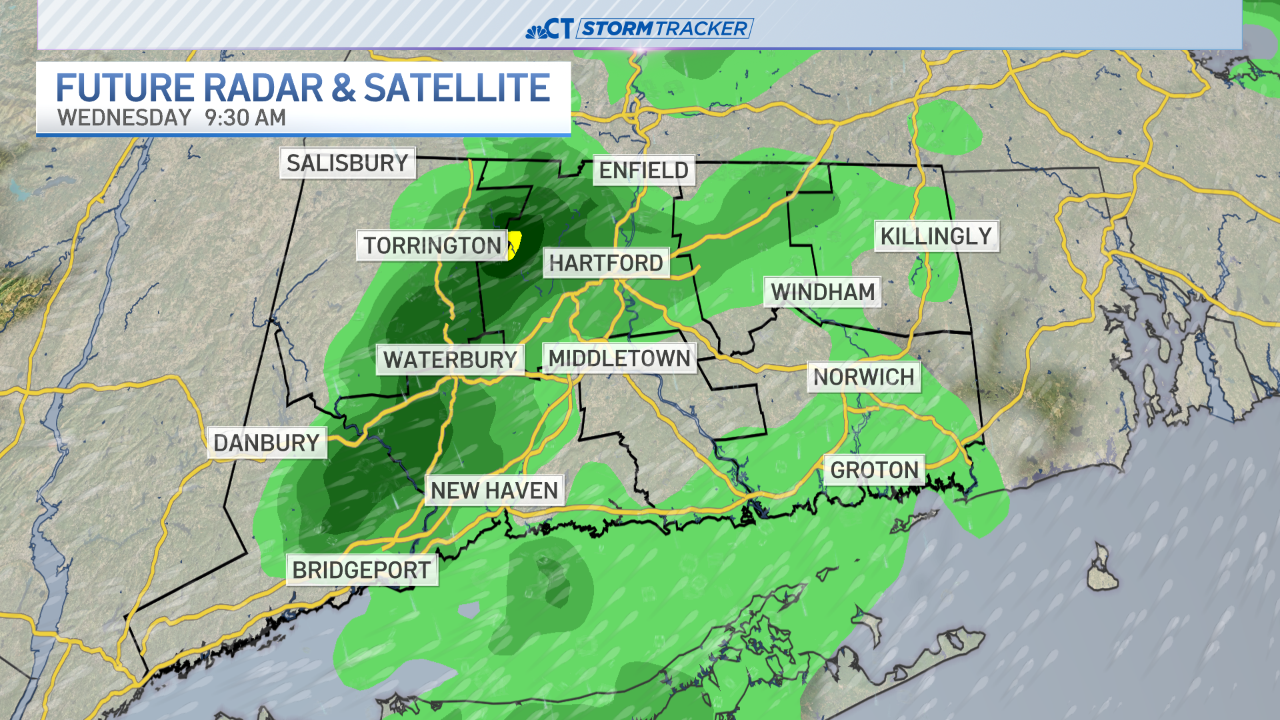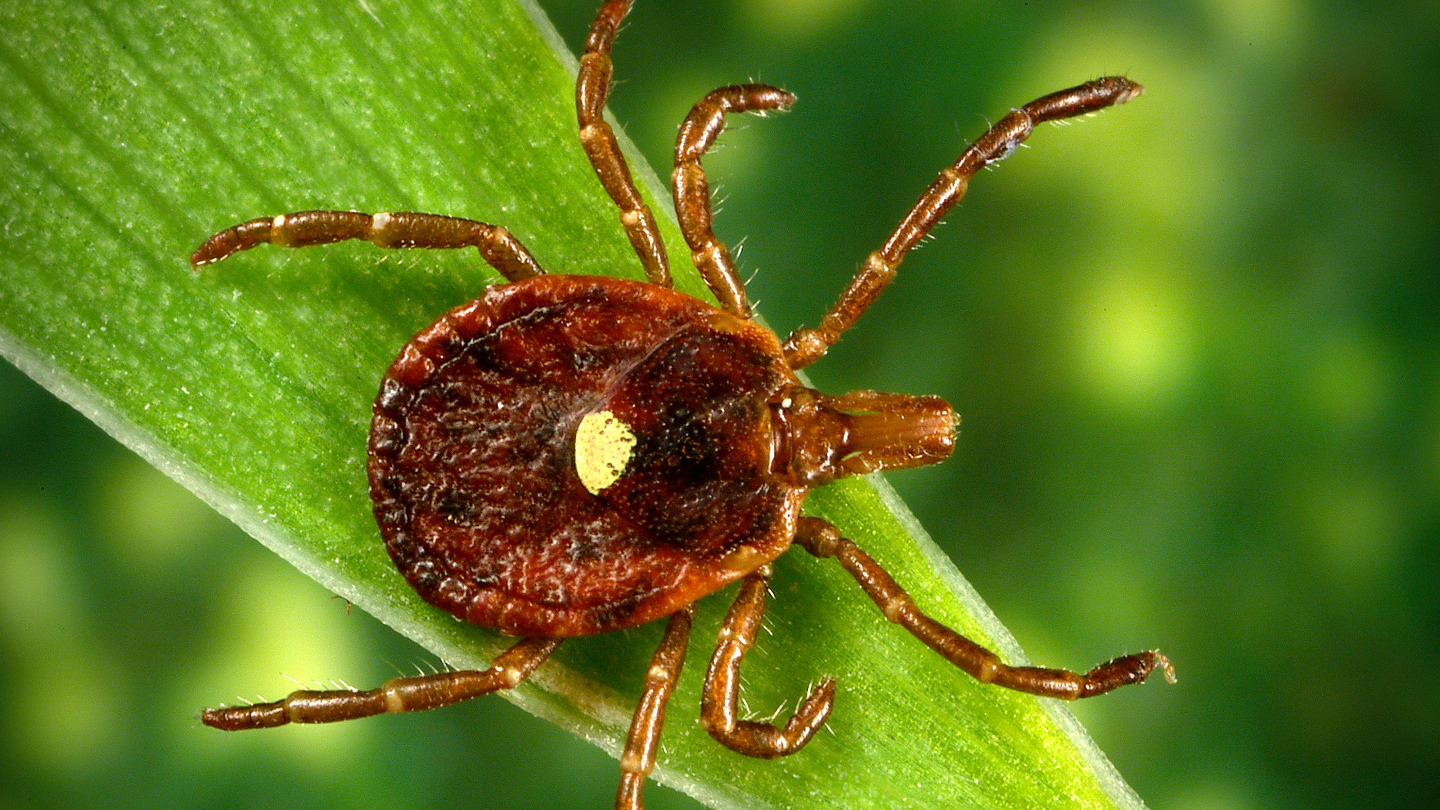After testing junior year in high school in hopes to qualify for early admission to Morehouse College in his hometown of Atlanta, Georgia, Martin Luther King Jr. left the segregated South to work two summers on a Simsbury tobacco farm.
Some believe it was during those summers that King began his path to becoming a minister. He arrived with a group of students working for money to help pay for college and housing.
Born as Michael before his father changed both their names to Martin, King spent summers in 1944 and 1947 working for on the Cullman Brothers' tobacco farm in Simsbury. It took some convincing for him to get his parents to let him come and his mom still had her reservations when he set out on a train with his friend Emmett "Weasel" Proctor to head to the Hartford area, according to Simsbury's historical society.
King was struck by the distinction between the segregation of the train ride between Atlanta and Washington D.C. and the freedom he experienced headed north to Connecticut when he could sit wherever he wanted, according to the historical society of Simsbury.
"After that summer in Connecticut, it was a bitter feeling going back to segregation/ It was hard to understand why I could ride wherever I pleased on the train from New York to Washington and then had to change to a Jim Crow [racially restricted] car at the nation's capital in order to continue the trip to Atlanta," King wrote in his autobiography, according to the historical society. "....I could never adjust to the separate waiting rooms, separate eating places, separate rest rooms, partly because the separate was always unequal, and partly because the very idea of separation did something to my sense of dignity and self-respect."
The visits to Simsbury also opened the young King's eyes to a world to which he was not accustomed.
"On our way here we saw some things I had never anticipated to see," he wrote his father in June of 1944. "After we passed Washington there was no discrimination at all. The white people here are very nice. We go to any place we want to and sit any where we want to."
King's friends teased him that the hot sun in the tobacco fields caused him to preach, his sister, Christine King Farris, told The AP. In her book, "Through It All: Reflections on My Life, My Family, and My Faith," Farris wrote that her brother underwent a "metamorphosis" as a result of his time in Connecticut.
"That was quite an experience," Farris said.
The Cullman Brothers tobacco farm had a partnership with Morehouse College and student salaries went toward their college tuition and housing, according to Simsbury's historical society. The farm also paid for students' train fare from the South if they stayed throughout the harvest season. It gave Morehouse students a chance to travel, interact with the community and experience freedom, according to the historical society. Morehouse students stayed in a college boarding house on Firetown Road in Simsbury near Barndoor Hills that later burned down. It's now the site of a housing development.
Local
Morehouse students would get up at 6 a.m. to work in the fields during the week from 7 a.m. to at least 5 p.m. King and other students said in accounts that they could earn extra food if they helped out in the kitchen after long, hot days of working in the fields with little breaks until dinner. They had some free time to play baseball and basketball after eating, but many of them were too tired and went to sleep by 10 p.m., according to the historical society.
The students spent Friday nights in downtown Simsbury, visiting the former Doyle's Drug Store for a milkshake or watching movies at Eno Memorial Hall, according to Simsbury's historical society. They went into Hartford on Saturdays to shop, see musicals or dine.
King wrote to his mother about it in 1944.
"I never thought that a person of my race could eat anywhere but we ate in one of the finest restaurants in Hartford," King wrote. "And we went to the largest shows there."
On Sundays, the Morehouse student workers went to church services in Hartford and Simsbury, according to the historical society. King wrote to his father in 1944 that he went to church every Sunday at 8 a.m., adding that he was the "religious leader" and that his boys choir would be singing "on the air soon."
“We went to church in Simsbury and we were the only negro’s [sic] there [sic] Negroes and whites go to the same church,” King wrote in a letter to his mother that year.
He left in September of that year, days after a hurricane struck, according to the historical society.
“The first time I was seated behind a curtain in a dining car, I felt as if the curtain had been dropped on my selfhood," King wrote in his autobiography. "I could never adjust to the separate waiting rooms, separate eating places, separate rest rooms, partly because the separate was always unequal, and partly because the very idea of separation did something to my sense of dignity and self respect."
He came back to Simsbury in 1947, that time "struggling with his call to the ministry," according to Simsbury's historical society. Emmett Proctor said in an account about his friend's return to Simsbury that he had "a minor run-in with police" because of a prank, but softened the news in a phone call to his mother "by first announcing that he has decided to follow in the footsteps of his father, grandfather and great-grandfather," the historical society said.
King's widow, Coretta Scott King, wrote in her memoir, "My Life With Martin Luther King Jr." that her husband talked of the exhilarating sense of freedom he felt in Connecticut that summer.
Dr. King also wrote of how his first visit to Simsbury changed him.
King visited Hartford again as a leader of the civil rights movement after graduating from Morehouse in 1948, studying at Crozier Theological Seminary in Chester, Pennsylvania and receiving a doctorate's degree at Boston University in 1955, the historical society said. But it's unknown if he ever returned to Simsbury.



